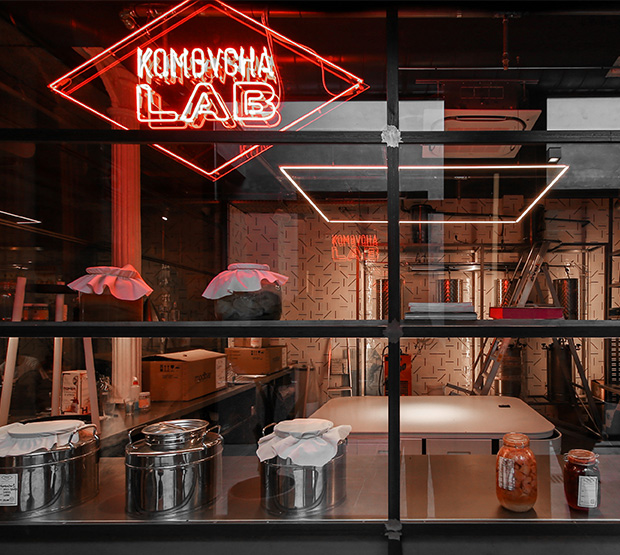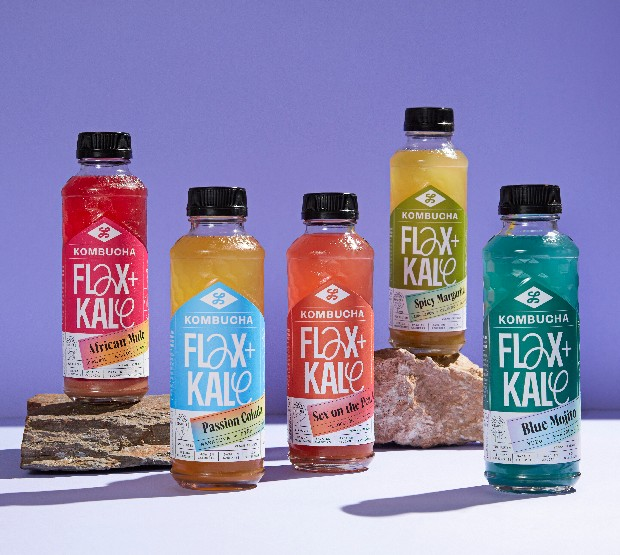Not so many years ago, consumables stores sold their products in bulk, countless supplies were bought without a "packaging" to disguise the product: legumes, cereals, wine, cookies, cheese ... the list was almost endless. With the arrivalof large retail outlets and their almost oligopolistic competition (you know: less time to buy, all products, fresh or not, housed under one roof, priority to processed foods and ready-to-eat mealsin need of cooking, an obsession to individualize each product with its corresponding plastic, free parking ...). Well, it seems that there is light at the end of the tunnel, the formula that our grandmothers used is coming back with force, or at leastor is trying. The sale in bulk, a trend that had been relegated to the background, almost residual, since packaged products were imposed and that not long ago seemed outdated, now satisfies a public looking for a ma model of more rational consumption than that of department stores. Surely many of you still remember how our parents and / or grandparents went shopping; with their baskets, egg cups and glass bottles.
Packaging protects products, ensure their conservation and hygiene, help their identification and facilitate their transport and storage. However, like everything in life, taken to an extreme it is excessive. We understand that some containers are necessary to maintainner certain conditions of conservation and hygiene, but many others are completely unnecessary packaging. This excessive consumption of packaged products has become an environmental problem that we must solve together.
If stillWe alike the consequences of the "packaging dictatorship" and we will see that this trend has led to an inordinate increase in waste from purchases: to eat some cookies, it is very likely that you will have to unwrap a cardboard and aplastic before reaching the final product. If we also add to this that you have probably transported it home in a plastic bag, the amount of waste that is generated daily is chilling.
Hundreds of miles of containers that end up in the garbage every day disguised as a supposed convenience for the customer, and protected by the need to ensure hygienic conditions, surely exorbitant.
"Zero waste" movement that aims to minimize the amount of garbage that we generate in our day-to-day lives.
The use of reusable packaging, far from being a fairy tale, is convenient, cheap, ecological and of course less wasteful. More and more people are joining the strategy "zero waste" (zero waste), a movement that aims to reduce the mmaximum the number of garbage we generate in our day to day. People want to buy food and drinks, but they don't want to buy packaged. And this is where bulk stores come in strongly. Until recently, it was difficult to find stores that offeredThey will give their customers the possibility of buying their products without packaging. Currently throughout Europe there is a boom in newly created bulk stores. Some supermarkets are already incorporating bulk purchase areas for coffee, cerealis, pasta, fruit and vegetables ...
Even in Germany there is already the first supermarket without packaging (Original Unverpackt), its philosophy is based on producing the minimum possible amount of garbage.
Buying in bulk is not onlygood for the planet, also the economic agents that participate in the process of commercialization in bulk benefit. For producers, the costs of "packaging" (design, material, process, time ...) can be insurmountable obstaclesmake their small businesses unviable. The sale in bulk also makes it possible for small traders to access the market by selling their products.
Therefore, we could say without much risk of being wrong, whate selling in bulk is more socially fair and can benefit small producers and pimes vs. large companies that control the food market.
From the point of view of the end consumer, buying in bulk provides usGive more freedom:
- We can buy only what we need. Whether we buy large or small quantities. This allows us, for example, to make large purchases once a month, a quarter or even a year, keeping only bags or clarge ajas from the pantry. Or it is also very advantageous for households with one or a few people and for people with limited economic resources, such as older people. It is very favorable to reduce food waste.
- VemWhat we buy, no "packaging" prevents us, or reduces our visibility. Buying by weight allows us to choose and see the product that we are going to consume, its quality and its condition.
- And we managed to get rid of the can of constantly filling lto garbage from containers and take it down to the street, (reason for eternal discussion in today's couples and almost divorce).
For all these reasons, the thing is very clear: more bulk and less packaging . Renewing it to meIn times past and applying innovation, real improvements are achieved for the user, society and the planet, apart from the fact that the assortment is more varied than we might think a priori. Buying in bulk is greener and less addsive with the environment, economically and socially fairer, cheaper for the end consumer and, if that were not enough, more "trendy". Who gives more?






